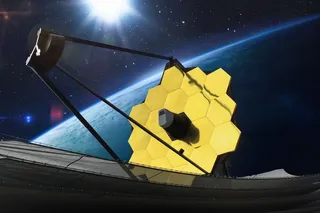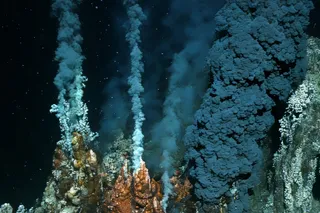NASA’s Curiosity Mars rover has reported “evidence of a carbon cycle on ancient Mars,” according to a recent press release. These new findings could help researchers better understand if and how Mars ever supported life.
As Curiosity continues to traverse the Gale Crater, researchers are working to better understand the Red Planet’s habitability and climate transitions that lead to the environment it has today. The findings have been published in the journal Science.
Working with the NASA Mars Science Laboratory Curiosity Rover team, Ben Tutolo, Ph.D., an associate professor with the Department of Earth, Energy and Environment in the Faculty of Science at the University of Calgary, and the team analyzed data from three of Curiosity’s drill sites.
From this data, the research team noted the presence of siderite, “an iron carbonate material, within sulfate-rich layers of Mount Sharp in Gale Crater,” according to the press release.
“The discovery of ...















